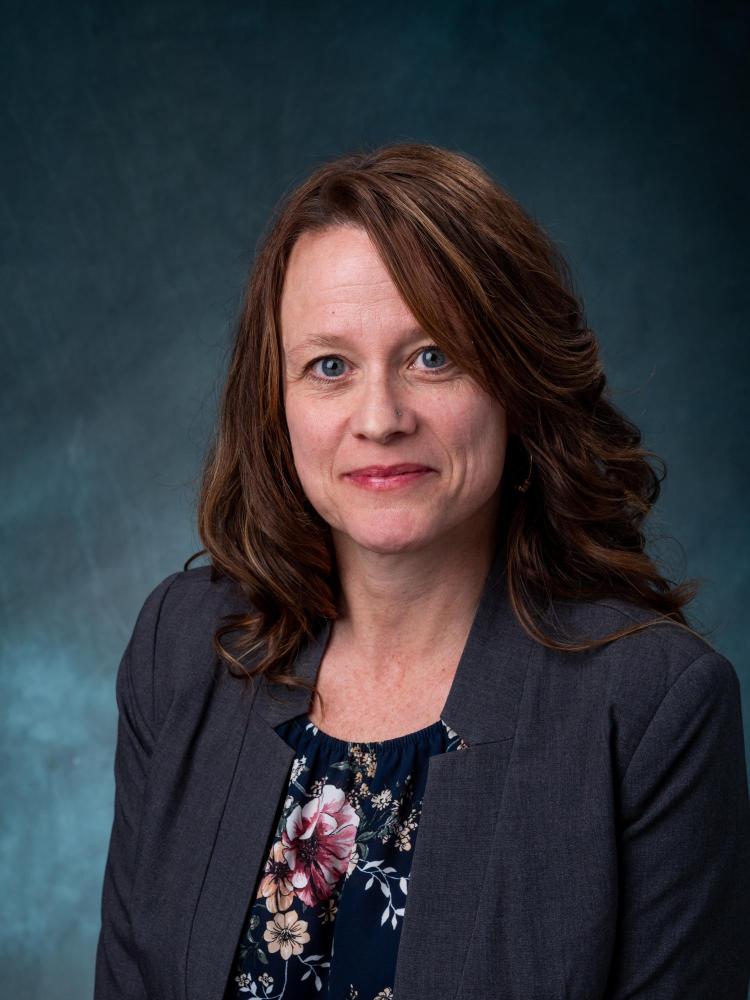Center for Teaching and Learning announces Becca Ciancanelli as new inclusive pedagogy lead
The Center for Teaching & Learning (CTL) has named Becca Ciancanelli as the inclusive pedagogy lead. Ciancanelli will design and lead programming to support CU Boulder educators in creating inclusive spaces for an increasingly diverse student body.

“I am thrilled to have Becca on board to build the CTL’s inclusive pedagogy programming,” said Kirk Ambrose, CTL director. “We welcome her wealth of experience in the classroom, her pedagogical research and her work with historically underrepresented populations in higher education.”
Ciancanelli received a bachelor of science in chemistry from Harvey Mudd College, a master of arts in teaching science from Colorado College and a doctoral degree in inorganic chemistry from CU Boulder. She has taught chemistry for 17 years at CU Boulder as an instructor for the Student Academic Success Center (SASC). SASC is a multicultural learning community that serves underrepresented, first-generation, low-income, and other nontraditional students by providing equal opportunity for academic, personal, and career success. Ciancanelli was awarded Student Affairs Faculty of the Year in 2015.
Ciancanelli became SASC’s first STEM coordinator in 2013, building a program to offer gateway courses in biology, chemistry and economics. She is conducting research in collaboration with the Department of Chemistry to investigate metacognitive strategies in large and small classrooms at CU Boulder, hiring undergraduate SASC students to code and analyze student writing. This research informs workshops on metacognition that she has offered for various groups across campus.
“SASC has taught me the importance of bringing the student voice to the forefront in the classroom. I am excited to engage in important dialogue with educators on this campus to foster deep and sustainable change regarding inclusive practices,” Ciancanelli said. “The CTL mission of transformation, innovation and a culture of continuous improvement aligns with my work and my passion for accelerating systemic change at CU.”


